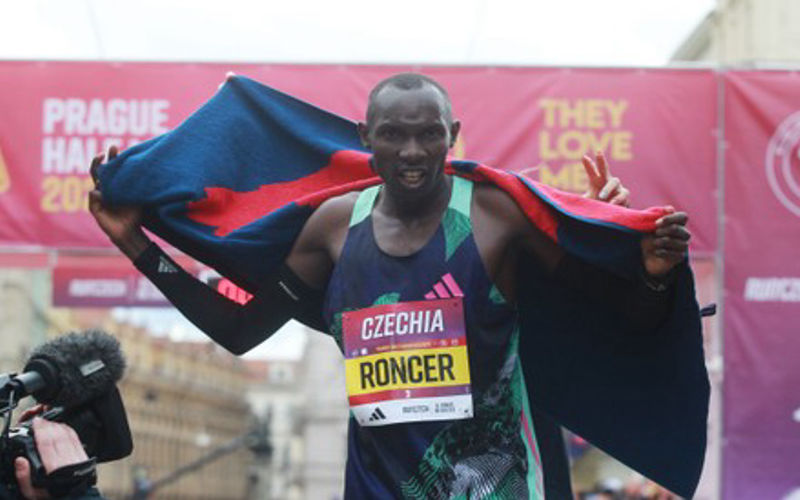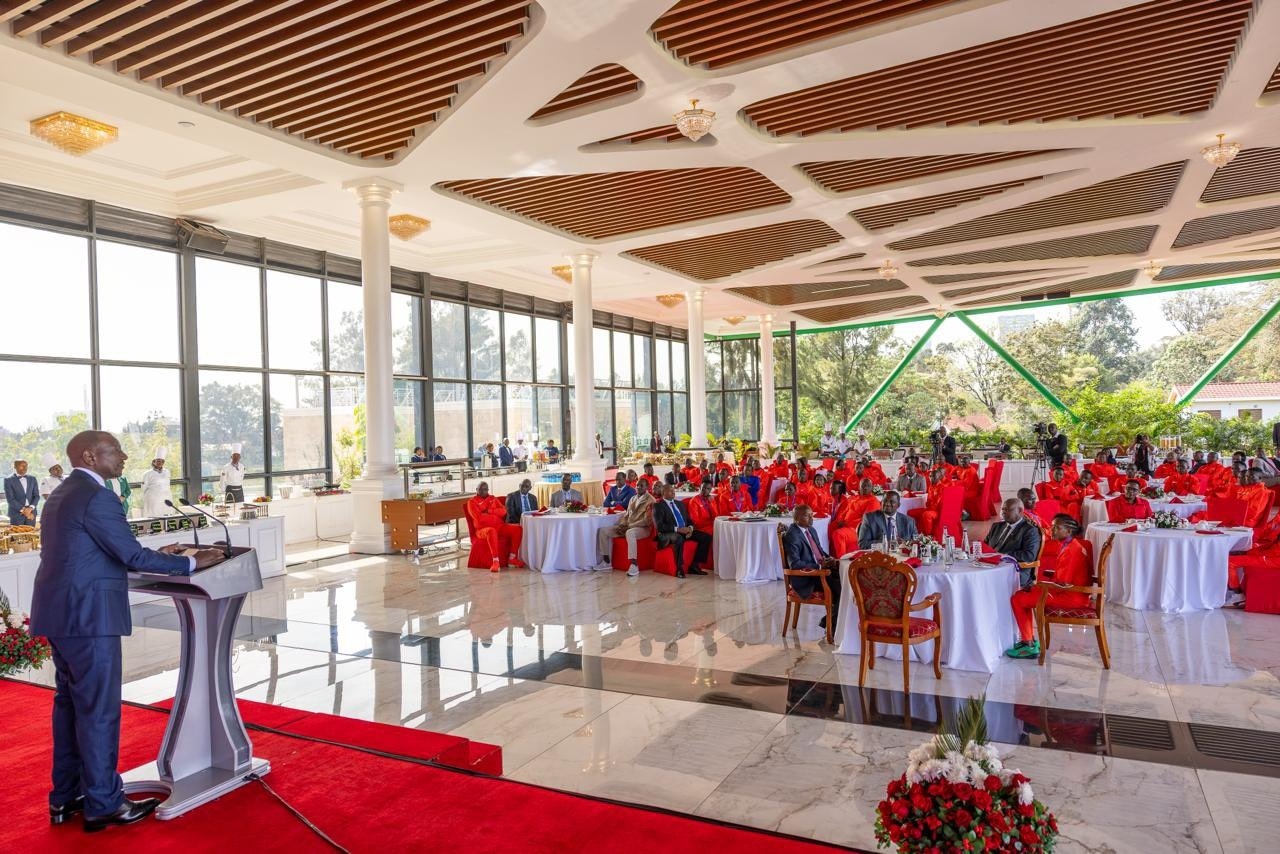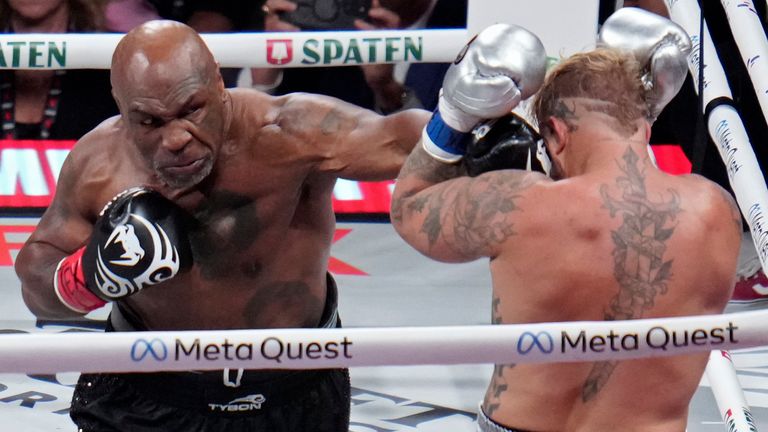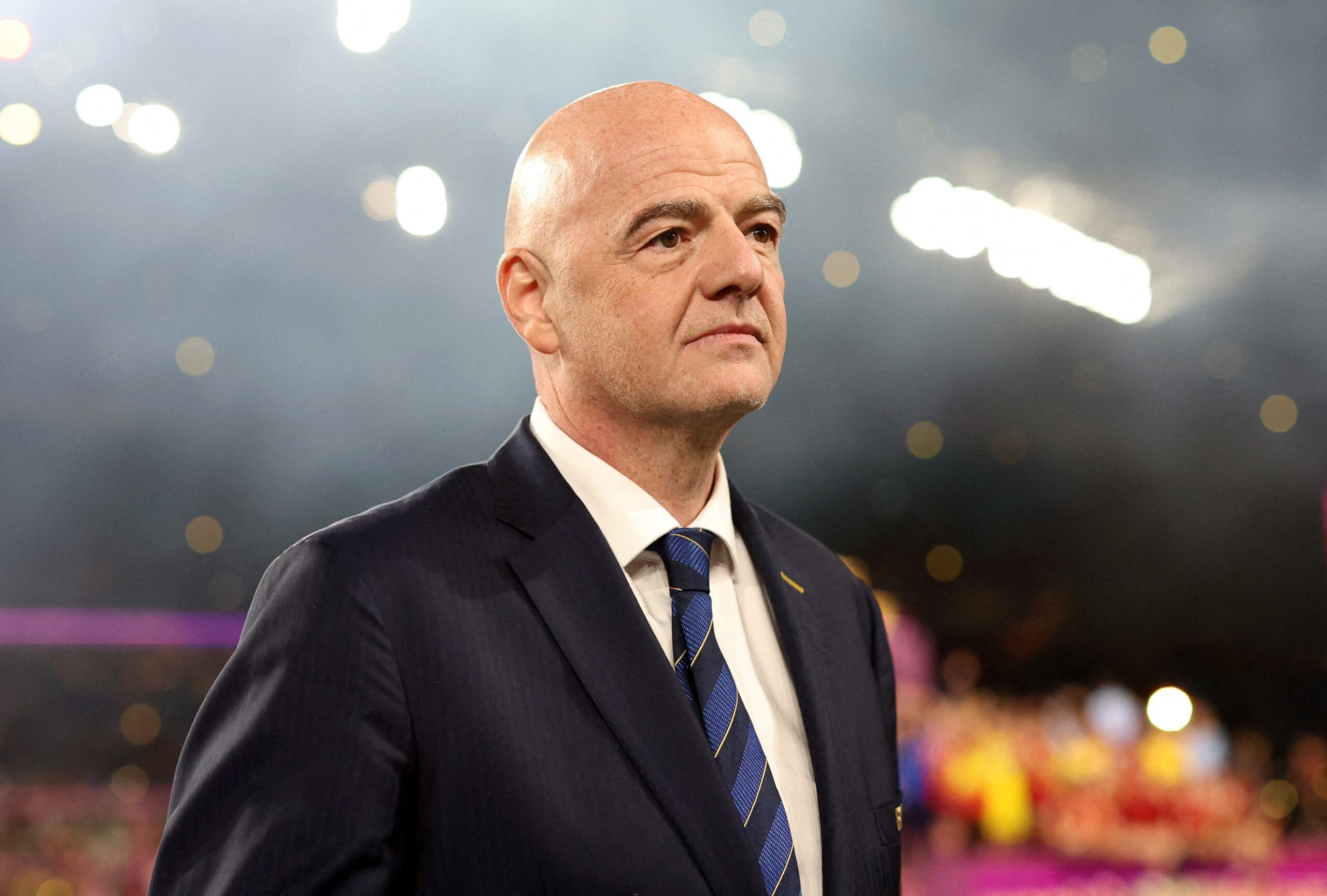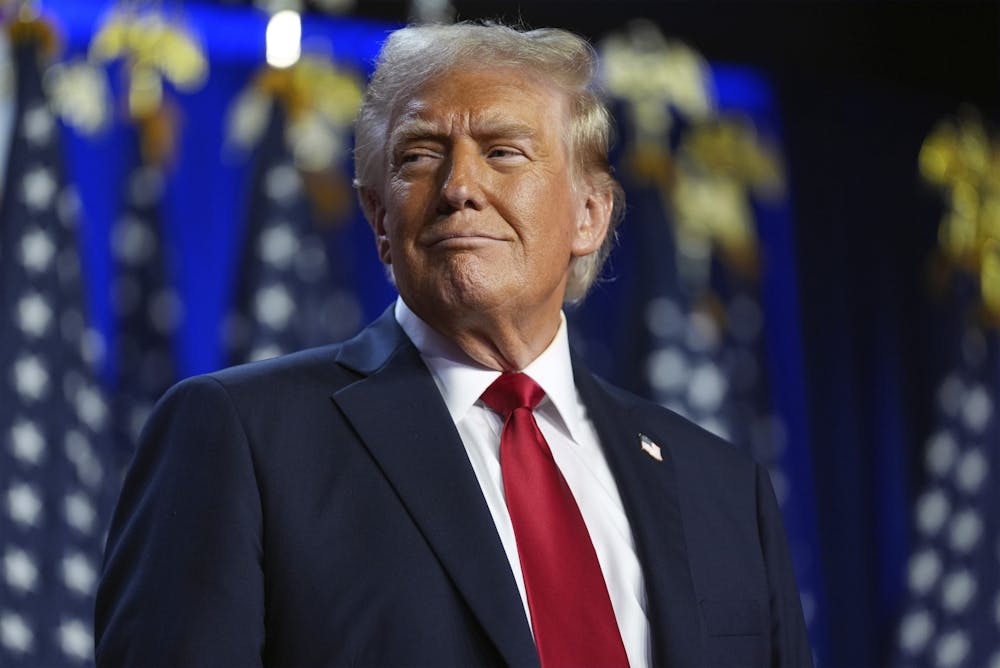Nairobi, August 20- Kenyan road runner Roncer Kipkorir Konga has been handed a three-year suspension after testing positive for testosterone, dealing another blow to the country’s athletics reputation.
The Athletics Integrity Unit (AIU) confirmed that Konga’s ban took effect on June 16, 2025, with all his results since December 29, 2024, annulled. This means he loses medals, appearance fees, and ranking points earned over that period.
Although a first offence normally carries a four-year sanction, Konga’s admission of violating anti-doping rules saw the penalty reduced by one year.
The positive test stemmed from a urine sample collected during an out-of-competition test in Iten late last year. While initial analysis by a World Anti-Doping Agency (WADA) lab in Lausanne returned negative, follow-up testing confirmed the presence of exogenous testosterone and its metabolites. The AIU noted that Konga had no Therapeutic Use Exemption for the substance.
The 27-year-old runner denied knowingly doping, suggesting the result could have been triggered by a herbal concoction prepared by his mother or supplements he had taken. “I believe in my training and my talent. I only used those two before Christmas, and I didn’t use any injections,” he told investigators.
However, expert analysis by the Athlete Passport Management Unit dismissed the explanation, concluding the products mentioned were unlikely to produce such results.
This marks Konga’s first doping offence, but it comes at a time when Kenyan athletics is under global scrutiny for repeated violations. In recent years, a series of bans involving both elite and upcoming athletes has threatened the country’s long-held dominance on the track and road.
With Konga sidelined until mid-2028, the case once again raises pressing questions about the effectiveness of Kenya’s anti-doping education and enforcement, and whether the sport can restore its tarnished image.

